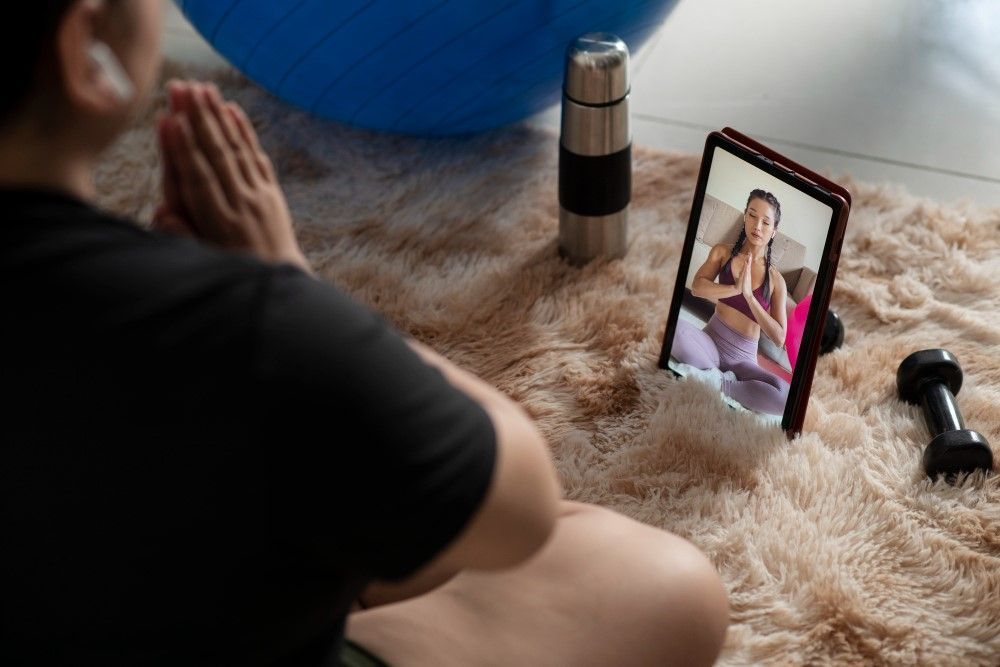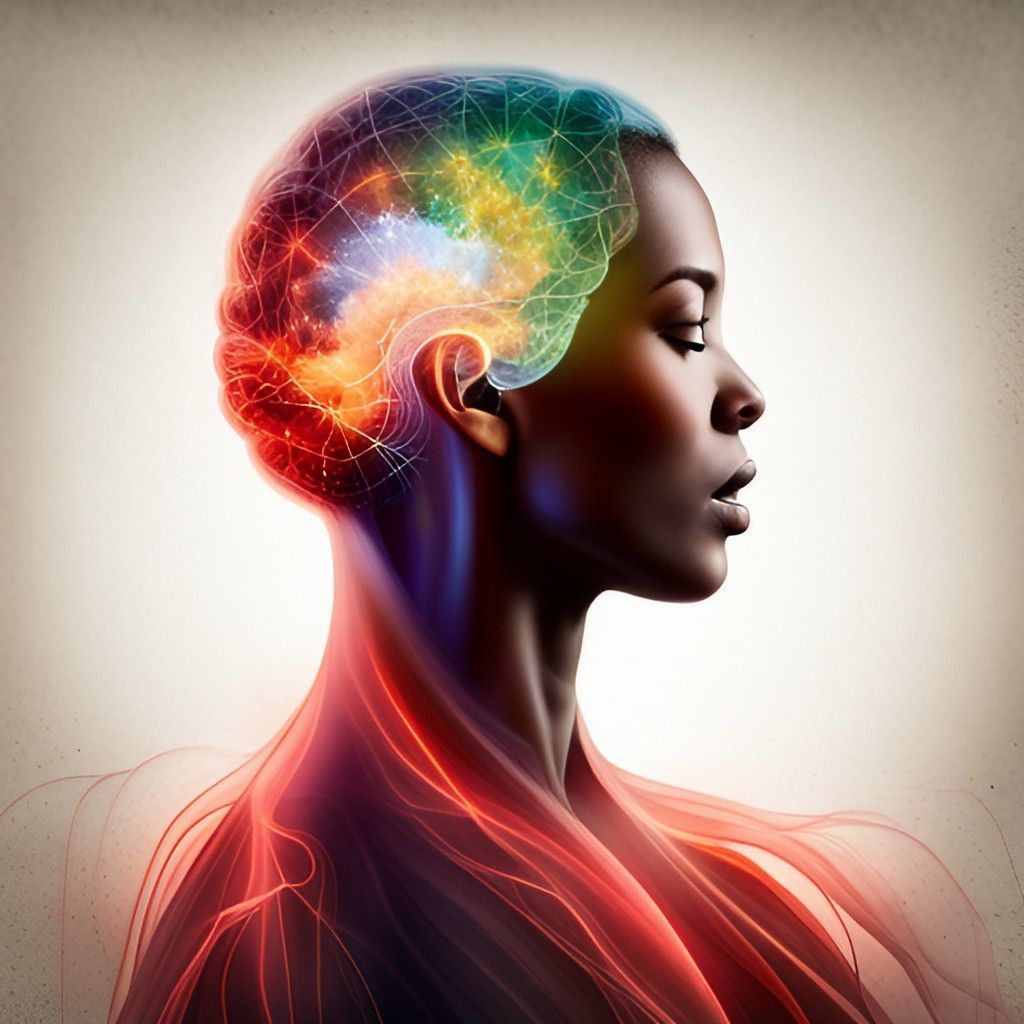Overcoming Depression: The Promising Results of Transcranial Magnetic Stimulation
Depression is a serious mental illness that can severely affect one's life and happiness.
Even though psychological therapies and medications are available to help, some people still struggle to find relief. Fortunately, with the advancement of medical technology, new ways of managing depression have emerged. One such way is transcranial magnetic stimulation (TMS), which shows promising results in reducing symptoms. Let's delve into the nuts and bolts of TMS and how it can help those who sufer from depression.

Depression is a debilitating mental illness that affects millions of people worldwide. Despite the availability of numerous antidepressant medications, many individuals with depression find it difficult to obtain relief from their symptoms. The good news is that cutting-edge treatments are emerging, such as transcranial magnetic stimulation (TMS), which can offer hope to those who suffer from depression. At UCLA, Dr. Andrew F. Leucher and his team of experts are leading the charge in developing new techniques to address depression’s root causes.
TMS is a non-invasive technique that focuses on a particular area of the brain, the prefrontal cortex.
This area plays a crucial role in regulating mood and emotions. The magnetic stimulation helps cells in the brain communicate better by sending an electric current to the prefrontal cortex, which can treat depression effectively. TMS can be administered by placing small magnets on the scalp and directing the magnetic pulses to specific areas of the brain.
Studies have shown that TMS has a success rate of up to 60% in patients who have not found relief from traditional depression treatments. TMS has also shown considerable benefits, such as fewer side effects and much shorter treatment times. In contrast to traditional antidepressants that can take up to eight weeks to take effect, TMS usually starts to show results after just a few sessions.
TMS treatment is safe and well-tolerated by most people. Mild side effects, such as headaches and scalp pain, tend to be short-lived, and serious side effects are rare. TMS treatment can be given over a crucial period of four to six weeks, with each session taking about 30 minutes.
Previously, hypnotherapy and mindset coaching have been popular treatment options for people with depression.
These techniques primarily focus on changing our thoughts, feelings, and behaviors, while TMS focuses on changing brain activity. Although hypnotherapy and mindset coaching can still be beneficial to people with depression, there is evidence showing the efficacy and safety of TMS, making it a promising therapy option.
While TMS is not for everyone, it is undoubtedly a step in the right direction in the fight against depression. The therapy is a game-changer, and it is essential to raise awareness of its benefits by speaking to your doctor about its potential impact on your mental health. There's no reason to continue living with the devastating effects of depression when we are equipped with advanced medical technology that can provide relief.
Conclusion:
Depression is a severe illness that can affect anyone. While traditional treatments exist, sometimes those aren't enough to provide sufficient relief from the debilitating symptoms. In such situations, TMS shows considerable promise in managing depression symptoms. The technique is non-invasive, safe, and well-tolerated. It also shows more immediate results than traditional antidepressants. Hypnotherapy and mindset coaching are still viable treatments, but TMS is paving the way for more advanced and effective therapies. Above everything else, it is essential to speak with your doctor or medical professional regarding depression treatment to find what is best.
Author Don L Price
You’re Welcome to Review Me on Google
Please take the time to comment on this post. Your voice matters to us, and we eagerly await your thoughts
Share Away in the Comment Section Below Now!
Manifesting—The Art of Consciously Creating What You Desire!







Schedule A Free Video Consultation & Strategy Session
Contact
Hours
Mon - Thu 10:00 am - 7:00 pm
Friday 10:00 am - 6:00 pm
Saturday 10:00 am - 4:00 pm
Don L Price - Hypnotherapy and Mindset Coach





